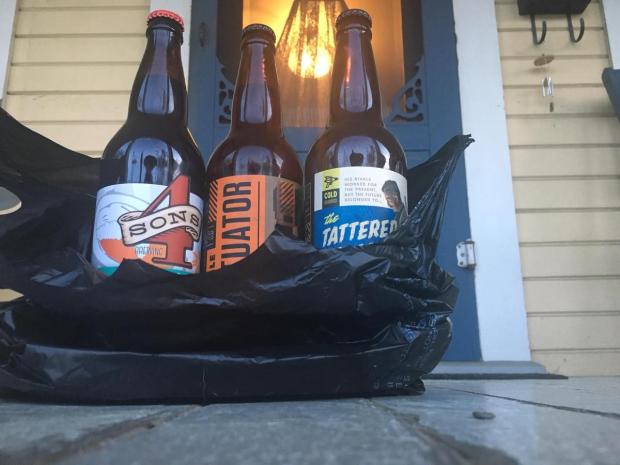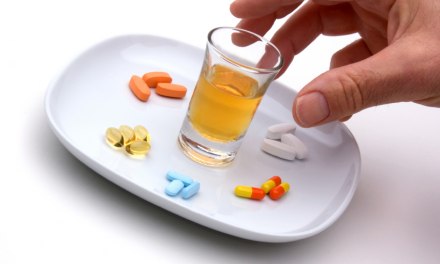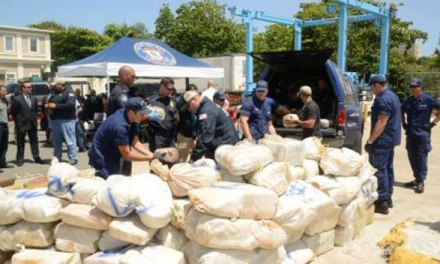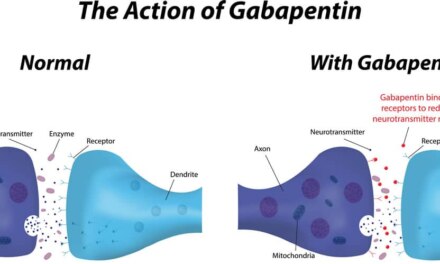Here’s an interesting point of view: by allowing liquor to be delivered directly to your home, we’re actually reducing the likelihood of a DWI offense.
I first encountered this idea in an article about problems in an article about Native American tribes who attempted to deal with rampaging alcohol abuse by banning the sale of alcoholic beverages on tribal lands. The psychologist who wrote the piece maintained that due to the travel time involved, reservation dwellers were forced to purchase very large quantities of booze whenever they visited a discount liquor mart in the closest town. That, he maintained, encouraged them to practice ‘binge’ drinking, defined as 5 or more drinks per occasion for men, 4 for women.
Curious, I ran that past a rehab group and they agreed that having to travel long distances for ‘essential’ supplies (booze) would be a hardship. “No American citizen should be forced to drive thirty or forty miles just to buy a damn beer,” complained one. “Better to buy a case at a time. And I suppose, if it’s already in the house, you’d drink it, wouldn’t you?” The idea of storing it for more gradual consumption seemed completely foreign to him.
I guess most people felt the same way, because some years later, when a State representative called for home delivery during the pandemic, not many eyebrows were raised. There was some opposition, mainly from the public health field. David Jernigan of Boston University, for example, disputed the notion that making alcoholic beverages easier to obtain was actually a good way to deter drunk driving. He claimed there was ‘not a shred of science’ to support the idea. I certainly haven’t found any.
A more practical alternative, I thought, would be simply to increase taxes on alcoholic beverages. States that have done so in the past have been rewarded with measurable reductions in many of the consequences of excessive drinking. In our state, however, that idea has drawn little support from politicians, due to stern opposition from the alcohol industry and the restaurant and bar associations. If the liquor they sell were more heavily taxed, they argue, it would cut deep into their profit margins.
Now, a similar debate is going on within the fast-growing commercial cannabis industry. There, industry leaders claim that high taxes force them to increase their prices to the point where customers are returning to the black market.
Black marketeers don’t worry about taxes — they don’t plan to pay them. As a result, the argument goes, they can price-undercut the legal variety and steal customers.
I’m sure commercial vendors are more concerned with their own profits than the public good, but they may have a point. Nobody wants to attract drug cartels to their community, hoping to score big money for their products. That’s already happened in parts of the Pacific Northwest: On the Oregon Trail, cannabis-style
I’m afraid this is yet another example of how important it is to anticipate new problems that could emerge from our attempts to address existing ones.













